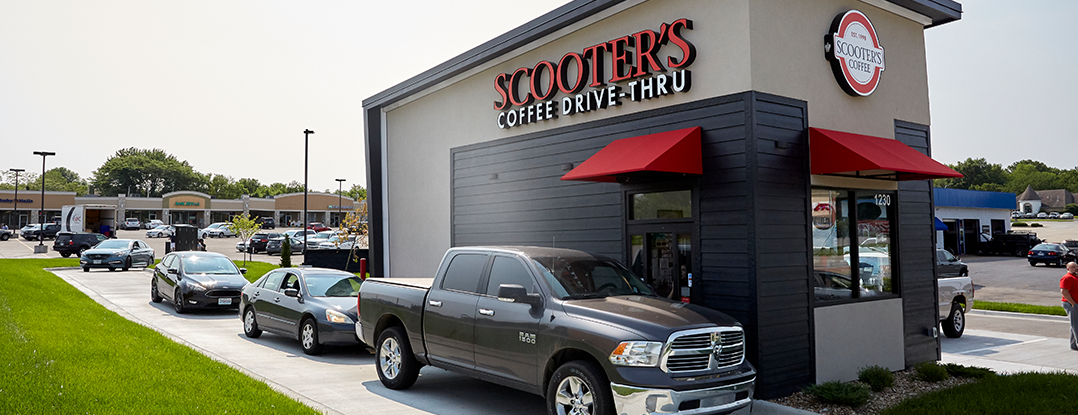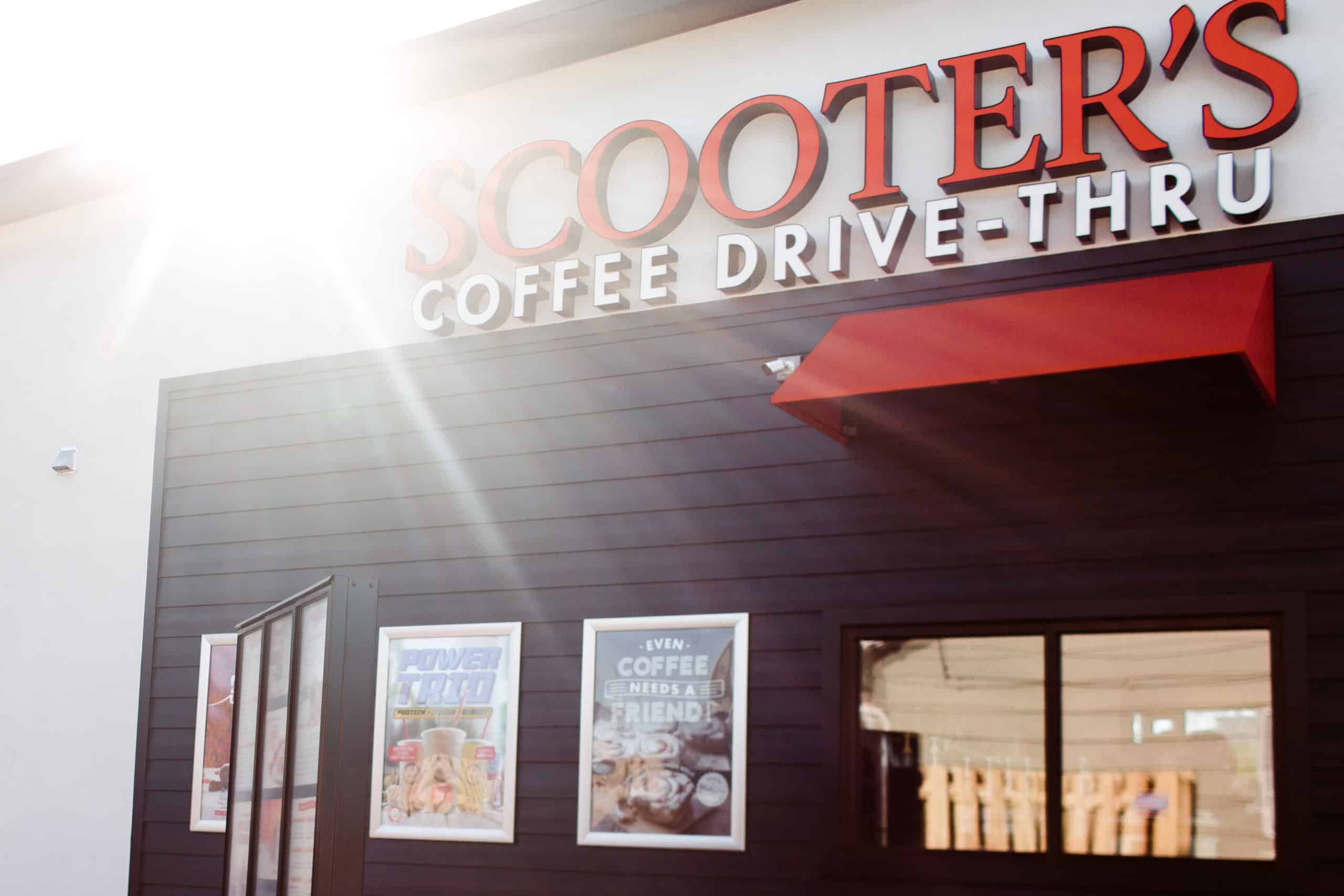

Maybe you’ve worked in coffeehouses before and are inspired to become an owner. Perhaps you have no experience at all but feel a calling to own and operate a business where the community gathers for amazing coffee. To open your own coffee business, you have three options. The first is to start from scratch and open a brand-new business. The second is to buy an existing independent coffeehouse. Last, but not least, you can join a franchise system.
Let’s rule out the first option for the purposes of this discussion. Even if you have some experience as a barista, but especially if you have no experience at all, the latter two paths give you a head start. The following is what to look for when considering buying a coffeehouse, along with a comparison to entering a franchising agreement with an established brand.
The advantages of buying an existing coffeehouse are pretty obvious. Someone else has already done a lot of work building the business from the ground up. This lets you avoid many of the startup costs (even though some of these costs may be reflected in the sale price of an established shop). But be cautious. Look into whether the owners really have grown the business and want to sell while it’s a hot property (that’s good). Or, if they are selling because the business is in decline. Don’t buy a sinking ship.
Examine whether the coffeehouse is being run efficiently. Any honest owner will allow you to look at profit and loss statements and balance sheets, prepared by their accountant, so you can get a true picture of what you are thinking about buying. Have your own accountant examine the records and give you an outside opinion on what they mean.
It would also be a great idea to ask the owner to let you work at the coffeehouse for a while before they sell. This can give you a ground-level feel of whether the financial statements really match how busy (or not) and how well (or poorly) the shop is run. It will also allow you to see what labor is needed, day-to-day costs, and more.
Have a lawyer review any lease relevant to the location that you may be taking on for the remainder of a term. If there is not much time left on the lease, and the location is critical to a smooth continuation of the current business success, you’ll need to negotiate terms to make sure you can stay there. Find out if the landlord is planning to increase the rent after the current term ends. This may be one reason the current owner wants out. Your lawyer can also check to see whether any creditors have liens on the existing business which could affect factors such as whether important equipment is repossessed after you take ownership.
Be sure to check out all coffee shop equipment and fixtures thoroughly. The owner, in anticipation of selling, may have decided a while back not to put more money into the business, like replacing dying equipment. Don’t buy someone else’s problems.
While an established independent coffee shop offers a head start for the person buying it, once the transition of ownership is complete, the new owner is pretty much on his or her own. This scenario is in stark contrast to a franchisee who operates a branded coffeehouse as part of a franchise system.
By working in a franchise partnership, franchisees can expect to receive a significant amount of support from a trusted company that is invested in their success. This support includes everything from site-selection to training and marketing.
Franchisees can also enjoy instant brand recognition. This recognition is continuously bolstered by national, regional, and local marketing campaigns that keep people coming through the doors. Moreover, a franchise location comes with established operational systems that typically are more efficient and honed than those of an independent business.
A franchise system also uses its buying power, through established relationships with suppliers, to make purchasing easier for owners. Other franchise benefits include ongoing support, a built-in network of other franchisees, and the company’s vested interest in each location’s success.
Now that you have a better idea of your options, you’re ready to get going on a shop of your own. Franchise opportunities are available across the country for people looking to get started and learn more about opening a coffee franchise.